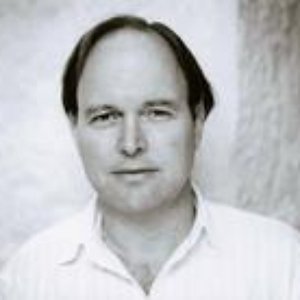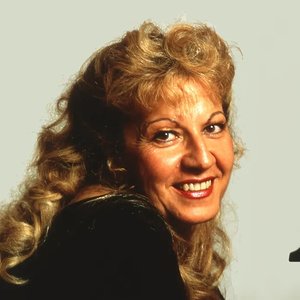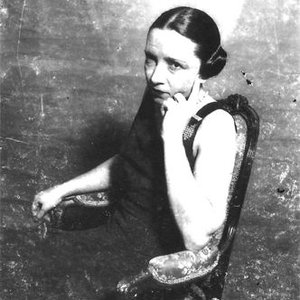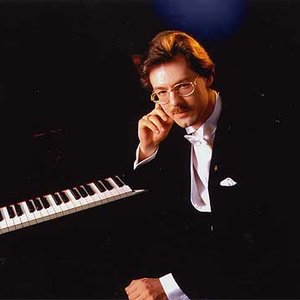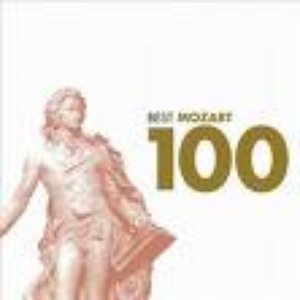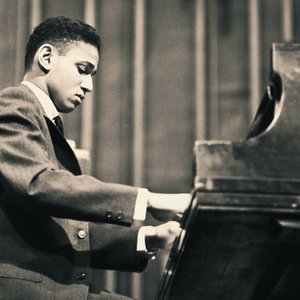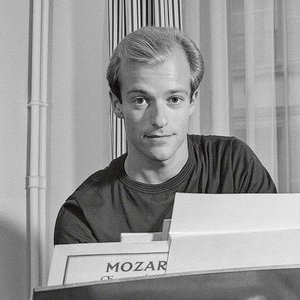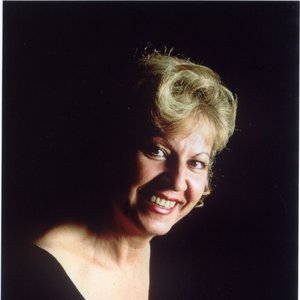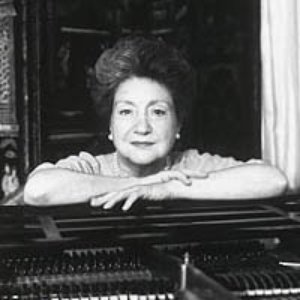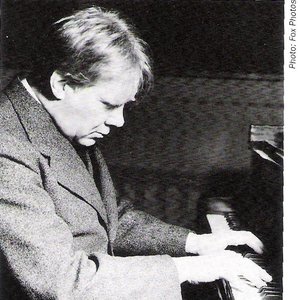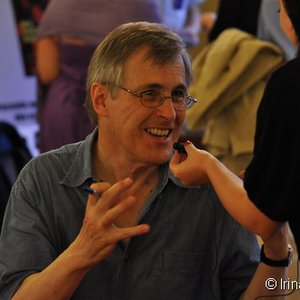Biography
-
Born
27 January 1937
-
Born In
Nottinghamshire, England, United Kingdom
-
Died
1 August 1989 (aged 52)
John Andrew Howard Ogdon (January 27, 1937 – August 1, 1989) was an English pianist and composer.
Ogdon was born in Mansfield Woodhouse, Nottinghamshire, and attended Manchester Grammar School, before studying at the Royal Northern College of Music between 1953 and 1957, where his fellow students included Harrison Birtwistle, Alexander Goehr, Elgar Howarth and Peter Maxwell Davies. Together they formed New Music Manchester, a group dedicated to the performances of serial and other modern works. After leaving college, he studied with Gordon Green, Denis Matthews, Dame Myra Hess, and Egon Petri — the latter in Basel, Switzerland.
He won first prize at the London Liszt Competition in 1961 and consolidated his growing international reputation by winning another first prize at the International Tchaikovsky Competition in Moscow in 1962, jointly with Vladimir Ashkenazy.
John Ogdon was able to play most pieces at sight and had committed a huge range of pieces to memory. He enjoyed fully using his vast talents, for example wanting to record the complete works for piano of Rachmaninov (which constitute about 6-full length CDs). He recorded about half of these works, which were released in 2001. He recorded all ten Scriabin sonatas early in his career. Ogdon was also a exponent of the works of Charles-Valentin Alkan and Ferruccio Busoni. He also recorded a number of duo-piano works with his wife, Brenda Lucas, also known as Brenda Lucas Ogdon.
His own compositions number more than 200, and include 4 operas, 2 large works for orchestra, 3 cantatas, songs, chamber music, a substantial amount of music for solo piano, and 2 piano concertos. The majority of his music was composed for the piano. These include 50 transcriptions of works by composers as diverse as Stravinsky, Palestrina, Mozart, Satie and Wagner. He also made piano arrangements of songs by Cole Porter, Jerome Kern and George Gershwin. He also wrote sonatas for violin, flute and cello, all unaccompanied. A planned symphony, based on the works of Herman Melville, and a comic opera were left unfinished. The original manuscripts of many of John Ogdon’s compositions now reside at the Royal Northern College of Music Library Catalogue.
Ogdon's health was good and his physical constitution was strong, as his wife often recalled in her biography. Regarded as a "gentle giant", known and loved for his kindness and generosity, he had tremendous energy. In 1973 he experienced a severe breakdown. His illness was initially diagnosed as schizophrenia, but then changed to manic depression (now referred to as bipolar disorder). Ogdon spent some time in the Maudsley Hospital in London. Nevertheless, he was reported to maintain three hours' practice a day on the hospital's piano.
In 1983, after emerging from hospital, he played at the opening of the Royal Concert Hall in Nottingham. In 1988 he released a five-disc recording of an interpretation of Sorabji's Opus Clavicembalisticum, shortly before he died of pneumonia.
The BBC made a film about his life titled Virtuoso, based on his biography written by his wife and fellow-pianist, Brenda Lucas Ogdon. In June 2014 an hour-long documentary entitled John Ogdon: Living with Genius was broadcast on BBC Four, with Ogdon's wife Brenda and her children Richard and Annabel telling his personal story for the first time. John Ogdon is survived by his daughter and son, Annabel and Richard Ogdon.
For more detailed information about Mr. Ogdon, see this link from The Free Dictionary, including information from Wikipedia.
Artist descriptions on Last.fm are editable by everyone. Feel free to contribute!
All user-contributed text on this page is available under the Creative Commons Attribution-ShareAlike License; additional terms may apply.

